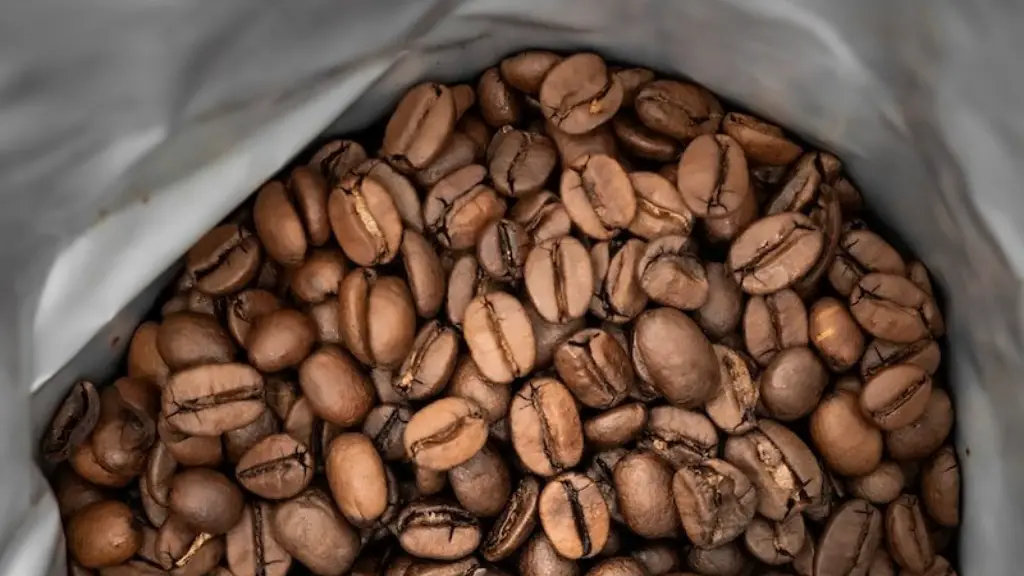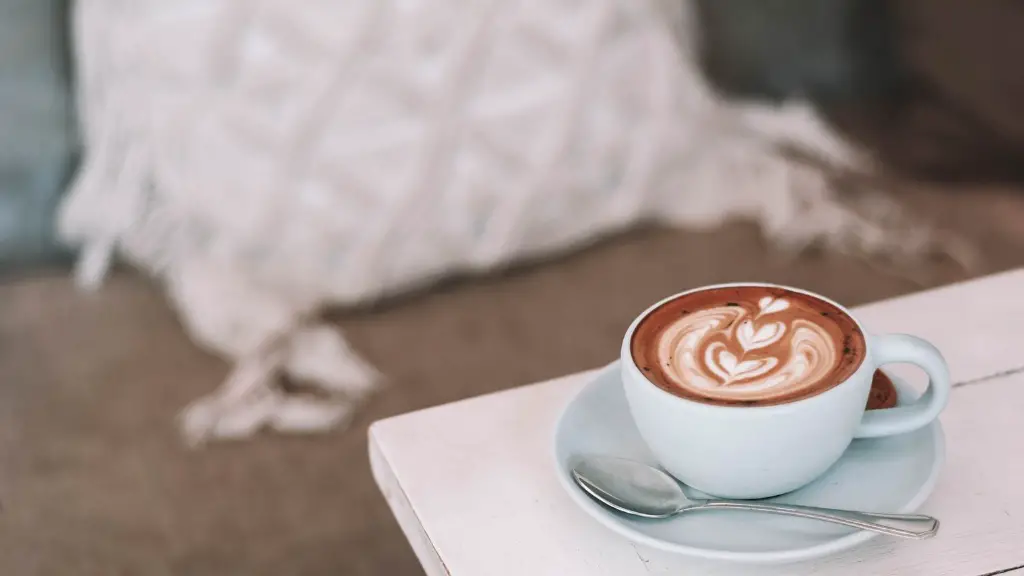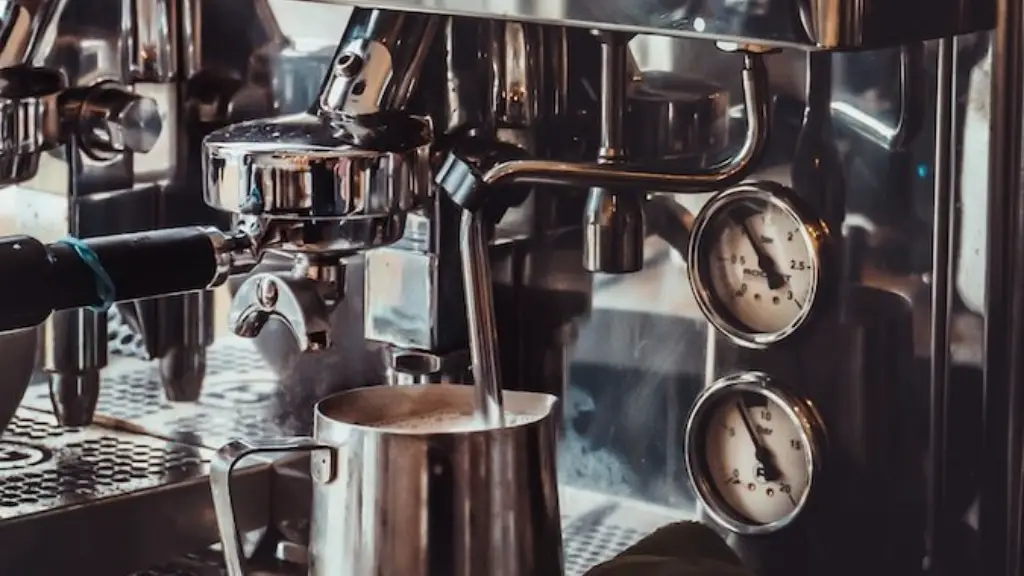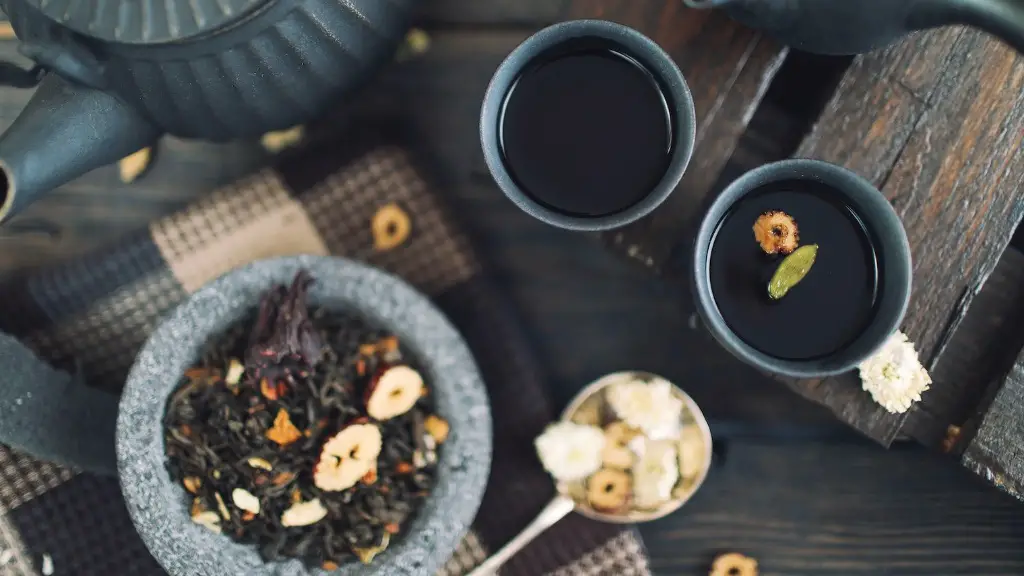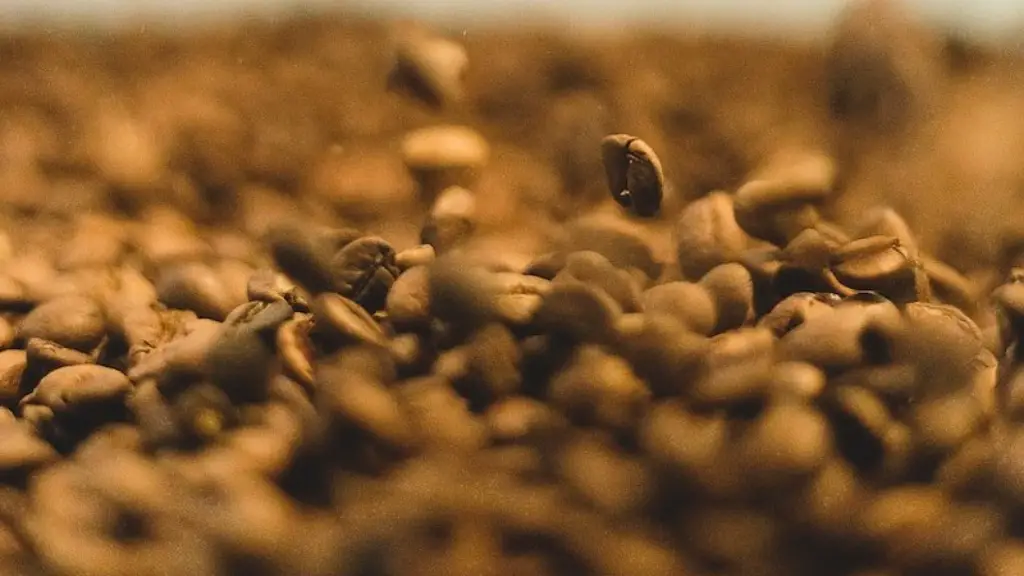Coffee can be a versatile beverage, enjoyed at any time of the day by people from all walks of life. Unfortunately, cats cannot join in on the fun. If a cat drinks coffee, it can be a very dangerous situation for the pet and requires immediate attention.
The stimulatory effects of caffeine can lead to severe and sometimes fatal side effects in cats. Caffeine is absorbed very quickly in the animal’s bloodstream and reaches its peak level within one hour of ingestion. Caffeine intoxication in cats can have devastating effects, ranging from mild to severe. Initially, a cat may experience hyperactivity, increased heart rate, increased thirst, and vomiting. If untreated, more serious symptoms like seizures, collapse, coma, and death can occur.
In order to prevent coffee intoxication, it is important to keep coffee and coffee grounds away from cats. If coffee is ingested, there are a few steps people can take to help the situation. Veterinarians recommend contacting a pet poison helpline immediately and informing them of the situation. The helpline will assess the next steps based on the cat’s size, age and health. They may request that the owner bring the pet to a vet for tests or for further assistance.
It is also helpful to make sure the food and water of the cat is readily available as caffeine ingestion can lead to dehydration and electrolyte imbalances in the animal. In addition, vets may encourage owners to watch for signs of abdominal discomfort, dehydration, or neurological stimulation in their pet, which can occur after the cat has ingested coffee.
By being observant and proactive, pet owners can help to ensure the health and well-being of their beloved cat. Cats are sensitive creatures and their behavior often cycles with the seasons. Although cats can be attracted to the smell of coffee and other stimulants, owners should pay close attention to potential dangers and keep their pets away from caffeine and other substances that could be harmful.
What Type of Coffee is Dangerous To Cats?
Any type of coffee can be harmful to cats, including espresso, decaffeinated coffee and even instant coffee. Caffeinated tea and energy drinks are particularly dangerous for cats, as the caffeine content is high. Additionally, chocolate contains a high level of caffeine and can pose a threat to cats. People should avoid giving cats products containing caffeine, even if the product is marketed as “cat-safe” or caffeine-free.
Caffeine can also be found in some herbs, supplements, and other plant-based products. For example, guarana, an Amazonian plant, contains twice the amount of caffeine as regular coffee. Pet owners should thoroughly read labels and ingredients lists to check for potentially dangerous ingredients.
Finally, cats can be exposed to caffeine through passive inhalation. Coffee and other caffeinated beverages should be stored away from cats, as the aroma of these beverages can be just as dangerous for cats as the product itself.
What Are the Long Term Effects of Coffee Intoxication?
If a cat has been exposed to caffeine, the long-term effects can be serious. Depending on the severity of the intoxication, cats may experience neurological damage, heart problems and extreme dehydration. In some cases, the cat may need to be hospitalized and monitored while its body is recovering.
Cats with severe cases of caffeine intoxication may require intravenous fluids and therapy. Veterinarians may recommend that owners provide an increased level of attention to their pet. If the cat experiences seizures, the owner should call their vet at once. Additional treatments and medications may need to be administered, depending on the cat’s condition.
More importantly, it is important to provide the cat with extra love and affection. A cat in recovery needs to feel safe and nurtured to build its strength and withstand treatments. Prolonged exposure to caffeine, or ingestion of large amounts of it, can be fatal for cats, which is why prevention and swift action are key.
What Should Cat Owners Do To Prevent Caffeine Intoxication?
To prevent caffeine intoxication, pet owners should be aware of their pet’s environment and behavior. Signs such as abnormal pacing and alertness can be a symptom of caffeine intoxication, along with vomiting and excessive panting. Owners should also be aware of any potential sources of caffeine on their property. Cats may be attracted to the smell and taste of caffeinated beverages. For this reason, it is important to keep these products out of reach and away from cats.
It is also important to keep products containing guarana, herbs, and other plant-based substances away from cats. People should also be mindful of their pet’s food, as some pet food contains trace amounts of caffeine. If a pet owner is concerned about the health of their pet, they should contact a vet for a check-up.
Finally, owners should ensure that their pet receives enough love and attention. Stress and anxiety can lead cats to seek out caffeinated products as a way to self-soothe. This could lead to a dangerous situation, which is why it is important to pay attention to the emotional and physical needs of the cat.
What Should Cat Owners Do After Caffeine Intoxication?
If a cat has been exposed to caffeine, pet owners should contact the vet and a pet poison helpline immediately. Even if the signs of intoxication are mild, owners should not wait for the symptoms to worsen. Veterinarians may request for a sample of the caffeine product, as well as a description of the cat’s symptoms. This can help them to assess the cat’s condition and determine the best course of action.
Owners should also monitor the cat for any signs of abdominal discomfort and dehydration. Additional signs of caffeine intoxication can include restlessness, tremors, drooling and elevated heart rate. People should also monitor the cat’s urine and stool, to see if these signs of intoxication persist. If symptoms worsen, seek immediate medical attention.
With the proper care and attention, cats can bounce back from caffeine intoxication and make a full recovery. Owners should ensure that their pet receives plenty of rest, activity and stress-relieving activities. After the cat has recovered, it is important to put safeguards in place to prevent future incidents.
Can Cats Become Addicted To Caffeine?
Due to its stimulatory effects, cats can become addicted to caffeine. Addiction occurs when the pet relies on caffeine to help them cope with difficult situations. Cats may seek out caffeinated beverages to help them cope with stress, boredom, or other difficulties. Pet owners should be aware of any signs of addiction, such as restlessness and agitation when the cat does not have access to caffeinated products.
If a cat is exhibiting signs of addiction, owners should be patient and consistent in their efforts to help their pet. People should create a peaceful environment and provide their pet with plenty of stimulating activities, such as interactive toys, playtime, and cuddling. Owners should also provide reinforcement when the cat behaves in an appropriate way.
Additionally, owners should keep an eye out for any signs of melancholy or depression. Pet owners should consult with a vet if they believe their pet has an issue with caffeine or other substance abuse.
How Can Cat Owners Discourage Caffeine Consumption?
The best way to prevent caffeine intoxication in cats is to eliminate all potential sources of caffeine from the home. Owners should keep caffeinated beverages, as well as products containing guarana, away from their cat. People should also read labels and ingredients list carefully to make sure that the product they are giving their pet is free from caffeine and other potentially harmful ingredients.
Owners can also try diverting their pet’s attention away from caffeinated products by giving them more attention and providing them with stimulating activities. By keeping their pet’s environment safe and healthy, owners can help to ensure the well-being of their beloved cat.
